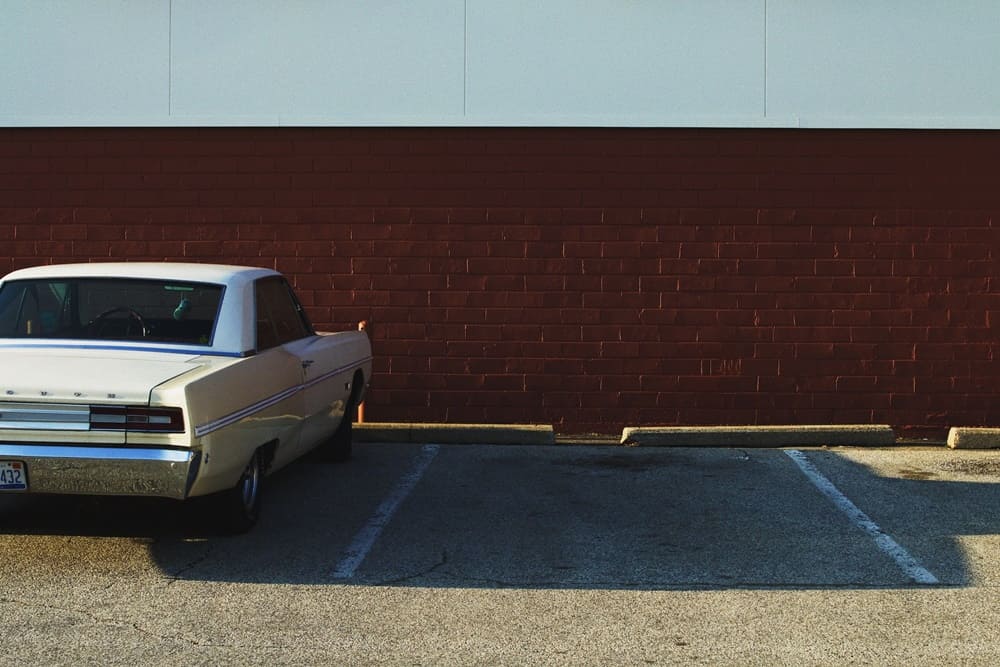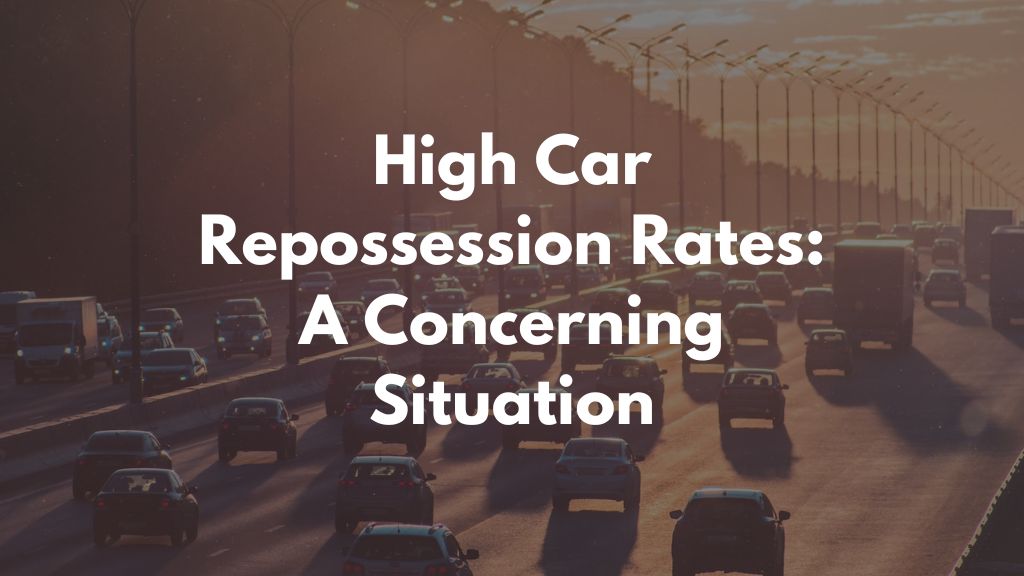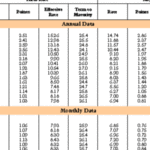Last Updated on July 24, 2023 by Calvyn Ee
While we previously talked about flooded vehicles entering the used car market, repossessed cars are also making a big splash as more Americans struggle to repay their car loans. When the pandemic happened two years ago, car prices surged as manufacturers had to deal with the chip shortage and other issues. Meanwhile, people who were buying cars, new or used, had to tangle with a rise in financing costs: higher car prices meant higher loan amounts.

Now, car repossessions are seeing an unexpected rise: the average monthly payment for a new car has increased by 26% since 2019, as of December 2022. People could pay as much as $718 a month for their car. Even prime borrowers with a healthy credit scores are also losing their cars, a red flag that things might not get any better.
Rising inflation and fears of a weakening economy, coupled with increasing unemployment, are giving families a lot of grief with keeping up with their daily expenses. To add insult to injury, rising gas prices (partially due to the ongoing Russia-Ukraine war) only added to the stresses of car owners. With little other choice, many folks either had to scrape by to hold on to their car or simply abandoned repaying their car loans entirely.
Meanwhile, car repossessors are having a tough time of their own. One effect of the pandemic was bringing down the number of repossession companies by 30%. As such, whatever repossessors are still running today have their hands full and are preparing for the potential tide of upcoming repossessions.

Incidentally, while the rate of repossessions has increased, it’s not actually reached alarming levels. Experian estimates that the percentage of auto loans that were “30 days delinquent” reached 2.2% in the third quarter of 2022; contrast this with the 2.35% delinquent rate “over the same period in 2019.” It’s expected that these rates won’t go anywhere beyond what happened in the 2008 crisis; high, yes, but not historic high.
As if that wasn’t bad enough, even car owners who can afford a new (or used) vehicle might get into trouble because of a bad deal. “Yo-yo” car sales are when a dealer woos potential buyers into purchasing a car, then contacts them later to yoke them with a new contract that’s worse than what was initially agreed upon. In short, the dealership allows the customer to leave with a car “before the transaction’s financing is finalized.”
If the customer doesn’t go back to the dealership to sign the new contract, they risk having their car repossessed by the dealer or worse. It only adds more financial stress to car owners.
If you’re still adamant about buying a car, consider the following safety tips.
Buy previous year models: You’d do well to be mindful of the amount of financing for the car you’re interested in. Recent previous-year models – those made between 2019 to 2022 – can still fetch a high asking price, so you should consider older models for their more affordable price tags. Most older models still have features that you might find in a modern car, such as smartphone integration or top-notch driver assist techs, so you’re not really losing out.

Plan your expenses: With prices rising, you need to future-proof your financial situation so as to ensure you and your family have enough saved up for daily necessities on top of meeting your auto repayment commitments. Keep close track of your expenses and find ways to stretch every dollar you have.
Read the fine print: Be extra careful when reviewing the sales contract the dealer or seller hands you. Look out for any suspicious clauses, like one that permits the dealer to cancel the sale if the credit contract you signed doesn’t get purchased by an auto lender. Sometimes, dealers might introduce these kinds of clauses to “bind” you to the contract, only to pull a “yo-yo” and charge you a higher interest rate or make other unlawful demands.
Get a vehicle history report: In some cases, a used car might still have an unpaid lien on it. Under normal circumstances, a lienholder must repay the lien in full. However, it’s possible that when the lienholder defaults and the car is repossessed, the lien might remain unpaid. If you buy a car with a lien on it, the onus of repaying it might ultimately fall to you – even if you aren’t the original lienholder.
To protect yourself from such a scenario, a vehicle history report will serve you well as an insurance policy. With it, you’ll be able to see if a used car you’re interested in may have a lien still attached to it. You might even find out the car has many more problems that the dealer hasn’t told you about. As such, you should prioritize getting a vehicle history report before starting your car-buying journey.




